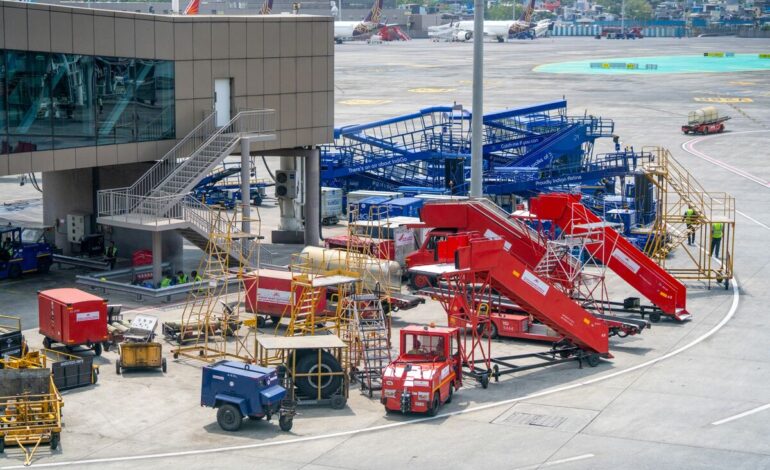
Fire Disrupts Operations at Kumho Tire’s Gwangju Plant in Korea
A significant fire at Kumho Tire’s Gwangju plant in Korea has led to a suspension in production operations. As one of the leading manufacturers globally, this incident has raised concerns about the supply of tires and its ripple effects across the industry.
Overview of the Incident
The fire at Kumho Tire’s Gwangju plant occurred on May 17, 2025, causing extensive damage and leading to the immediate suspension of production activities. Authorities are investigating the cause, but initial reports suggest that the fire might have started in a storage area. No casualties have been reported, but the financial implications could be substantial.
Impact on Tire Production and Supply Chain
The Gwangju plant is a critical component of Kumho Tire’s manufacturing network, contributing significantly to its overall tire output. The halt in production is expected to affect both domestic and international markets, potentially leading to supply shortages and increased prices in the interim. This disruption underscores the plant’s strategic importance in the global tire industry.
Response and Future Actions
Kumho Tire has already initiated measures to contain the impact of this incident, including planning the reconstruction of affected facilities and reviewing safety protocols to prevent future occurrences. Partnerships and communications with stakeholders are being fortified to ensure that business continuity is maintained as efficiently as possible.
Long-term Implications for the Industry
This incident at Kumho Tire serves as a stark reminder of the vulnerabilities that can arise within the industrial manufacturing sector. It points to the essential need for investment in advanced safety technologies and contingency planning. As industries expand globally, ensuring operational resilience becomes more crucial than ever before.
Conclusion
The fire at Kumho Tire’s Gwangju facility highlights operational vulnerabilities and the broader impacts on global supply chains. Swift restoration efforts and strategic planning will be crucial to mitigating these disruptions. The incident serves as a critical reminder of the need for robust safety and contingency strategies in industrial settings.






